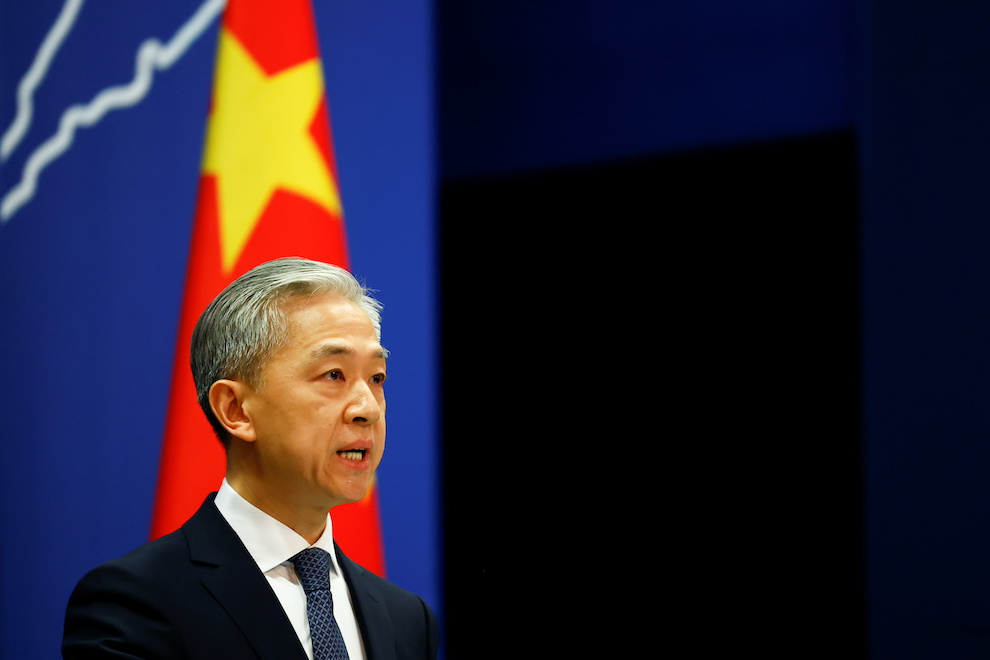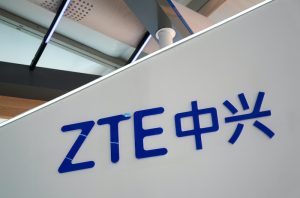The United States’ economic plan for Asia seeks to split nations from the Chinese economy, the Foreign Ministry in Beijing claimed on Wednesday.
Ministry spokesman Wang Wenbin said the Indo-Pacific Economic Framework for Prosperity (IPEF), which was launched in Tokyo by US President Joe Biden on Monday, aims to get countries to ‘decouple’ from the Chinese economy.
Speaking at a regular press briefing, Wang said the US economic policy also seeks to exclude other countries, and that many countries were worried about the “huge cost” of doing that.
The comments followed remarks by the US leader that he was willing to use military force to defend Taiwan, which upset Beijing, and they were followed by a squadron of Chinese and Russian planes flying over the Sea of Japan and the East China Sea while Biden and other leaders attended a Quad meeting on Tuesday.
ALSO SEE: SEC Official Sets November Deadline for Chinese Company Audits
Dozen States to Join IPEF: Biden
US officials say the IPEF is simply an alternative trade grouping that aims to bind countries more closely through common standards in areas including supply-chain resilience, clean energy, infrastructure and digital trade.
Analysts have noted that the Biden Administration lacked an economic pillar to its Indo-Pacific engagement since former president Donald Trump withdrew from a multinational Trans-Pacific trade agreement, which left the field open to China to expand its influence.
The IPEF is an unknown quantity in that it is unlikely to include binding commitments like a free-trade agreement, plus some countries and trade experts have given a lukewarm response because of Biden’s reluctance to risk American jobs by offering the increased market access that the region craves.
However, Biden said on Monday that a dozen other countries were set to sign on to the new trading arrangement.
“The United States and Japan together with 11 other nations will be launching the Indo-Pacific Economic Framework,” the US President said. “This framework is a commitment to working with our close friends and partners in the region, on challenges that matter most to ensuring economic competitiveness in the 21st century.”
The initial 13 members of the group were given as the US, Japan, India, South Korea, Australia, Indonesia, Thailand, Singapore, Malaysia, the Philippines, Vietnam, New Zealand and Brunei.
• Jim Pollard with Reuters
ALSO on AF:
Biden Warned Not to ‘Stand Against 1.4bn’ on China-Taiwan
Biden Says US Willing to Use Military Force to Defend Taiwan
Russia-Ukraine War Causes ‘Once in a Generation’ Food Crisis























